#Auerbach
Text
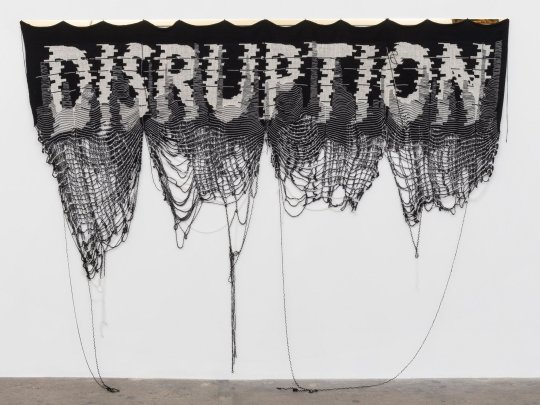
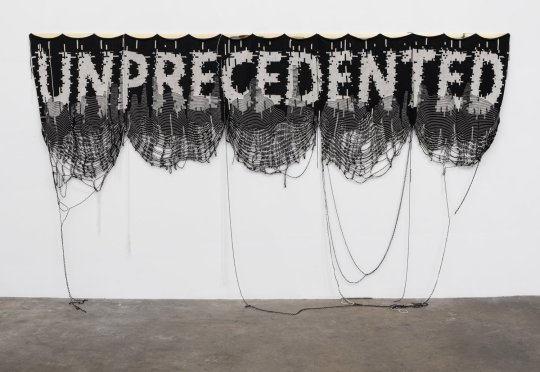
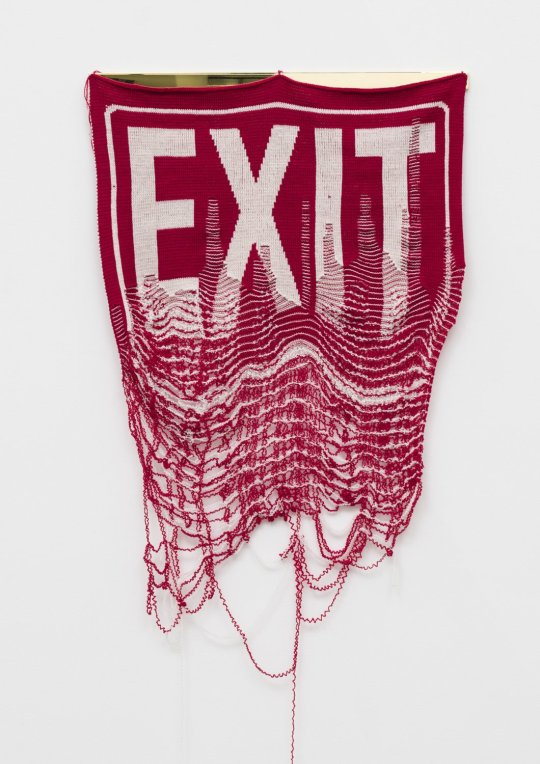
Lisa Anne Auerbach - from Unraveling, 2022
8 notes
·
View notes
Photo

https://www.permanentstyle.com/2023/11/berlin-a-menswear-shopping-guide.html
Berlin: A menswear shopping guide
#14oz#Auerbach#Campe & Ohff#Claudia SkodaPatrick Hellmann#Egon Brandstetter#Herrenschneider Amann#James Whitfield#Korbinian Ludwig Hess#Maßatelier Fasan#Maximilian Mogg#Purwin & Radczun#Schirm Schirmer
12 notes
·
View notes
Text
Warum irrt ein ebenso besorgter wie (wahrscheinlich) verwirrter Bürger mit einem (offenbar günstig erworbenen) Geigerzähler durch Auerbach (!) und mißt ausgerechnet die Radioaktivität von Bäumen? In einer Gegend, wo es tatsächlich mehr als genug tatsächliche Brutstätten für Radioaktivität gäbe?
2 notes
·
View notes
Text
Friends and mutuals thank you for enduring my auerblogging thus far. It is not in vain because Auerbach is putting such words into Lessing's letters:


I don't know how to tag this so that more people see it but one of the things that particularly draws me to the study of the Lessing/Mendelssohn/Nicolai/Karsch/Wincklemann etc. writings is that nobody is independently wealthy; they inhabit a mercantilist /early capitalist paradigm which considers them for their ability to serve the state rather than their inherent value as human beings or the truth they themselves love, and that forces the first to supply the latter two.
The Sturm-und-Draenger contemporary to them and the Romantics after them may have sought liberty in the depths of human emotion, but it occurred to them, as it occurs to Auerbach's Ephraim Kuh on pg. 180 that they will never be loved by the institutions they will devote so much of their lives, and yet they love. And yet they think, and commit themselves in ink to an uncertain posterity, and centuries afterwards we read their words and recognize this hope was not in vain. There is a mind on the other end of the line worth knowing, and if we are lucky there is a mind centuries after us who will not remember us for our jobs but for our professions
#is this how my classics friends feel when#someone will remember us#I say#even in another time#?#only the questions of relevancy to the state and the economy are much more apparent working with 18th century sources#nevertheless#we catch our breath at the places where the breath was always caught#berthold auerbach#ephraim moses kuh#gotthold ephraim lessing#moses mendelssohn#anna louisa karsch#friedrich nicolai#auerbach#kuh#lessing#mendelssohn#nicolai#karsch#die karschin#dichter und kaufmann#auerbücher
8 notes
·
View notes
Text
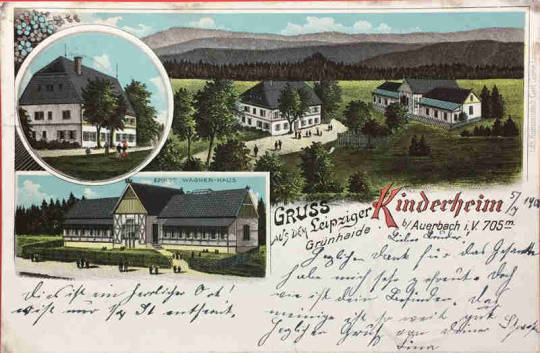
Kinderheim (orphanage / dom dziecka) near Auerbach / Vogtland / Germany
#orphanage#sierociniec#Auerbach#litho#Vogtland#dom dziecka#kartka#niemcy#germany#gruss aus#post card#litografia#pocztówka
3 notes
·
View notes
Text
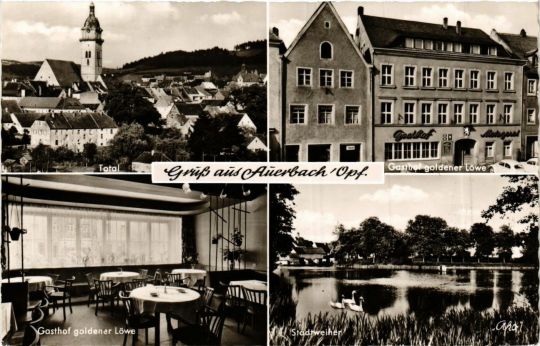
Greetings from Auerbach, Saxony, Germany
German vintage postcard
#vintage#auerbach#tarjeta#briefkaart#postcard#greetings#germany#photography#postal#carte postale#german#sepia#ephemera#historic#ansichtskarte#postkarte#saxony#postkaart#photo
1 note
·
View note
Text
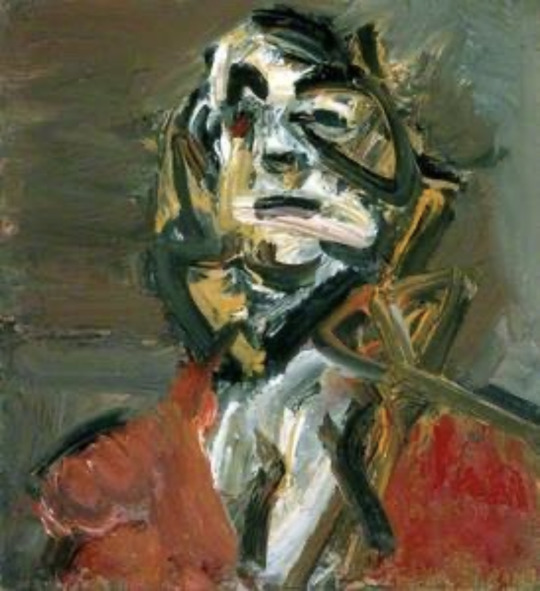
Frank Auerbach, JYM1, 1981
© the artist. Photo credit: Southampton City Art Gallery
2 notes
·
View notes
Text
Stendhal joined Napoleon’s army when he was 17 and served in his administration. He was 32 when Napoleon fell. In his autobiography, he wrote “I fell when Napoleon fell.”


#Source: Mimesis The Representation of Reality in Western Literature by Erich Auerbach#Stendhal#Napoleon#napoleon bonaparte#Marie-Henri Beyle#Beyle#Erich Auerbach#Auerbach#western lit#western literature#French lit#french literature#romanticism#french romanticism#napoleonic#napoleonic era#19th century literature#first french empire#19th century#french empire#france#french revolution#history#comparative literature#Napoleonic wars#grande armée#The Life of Henry Brulard#frev#Henry Brulard#realism
5 notes
·
View notes
Text

#auerbach#amberg#sulzbach rosenberg#germany#deutschland#streetphoto#streetphotography#street photography#street photo#original photographers#original photography on tumblr#photographers on tumblr#original photography
4 notes
·
View notes
Text



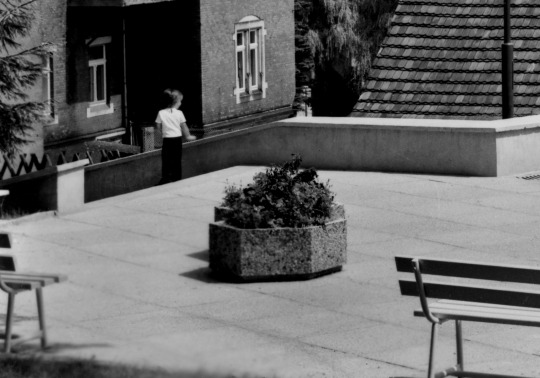

Ansichtskarte
Auerbach (Vogtl.).
Erlbach i.V.: VEB Foto-Verlag 9656 Erlbach i. Vogtl. (III 23 4 K 1 78 07 14 03 016).
1978
#Auerbach#VEB Foto Verlag#1970er#1978#Philokartie#DDRPhilokartie#AlltagskulturDerDDR#Vogtland#Ansichtskartenfotografie#AnsichtskartenfotografieDerDDR#deltiology#VintagePostcard
6 notes
·
View notes
Text
Radverkehr: Radschnellweg durch den Grunewald - Das sind die Pläne, aus Berliner Morgenpost
Radverkehr: Radschnellweg durch den Grunewald – Das sind die Pläne, aus Berliner Morgenpost
https://www.morgenpost.de/berlin/article235695535/Das-sind-die-Plaene-fuer-den-Radschnellweg-durch-den-Grunewald.html
Die Strecke zwischen dem #S-Bahnhof #Wannsee und der Station #Messe Süd ist schon heute bei #Radfahrern beliebt; mehr als 2000 sind dem landeseigenen Unternehmen #Infravelo zufolge dort täglich unterwegs. Künftig sollen 143.000 weitere Radfahrende pro Jahr hinzukommen, motiviert…
View On WordPress
#Auerbach#Beleuchtung#Berufspendler#Bornstedter#Breite#Eichkampstraße#Fahrradstraßen#Halensee#Infravelo#Königsweg#Kronprinzessinnen#Messe#Parkplätze#Planungsstand#Radfahrern#Radschnellweg#Trabener#Wannsee#Winterdienst
2 notes
·
View notes
Text
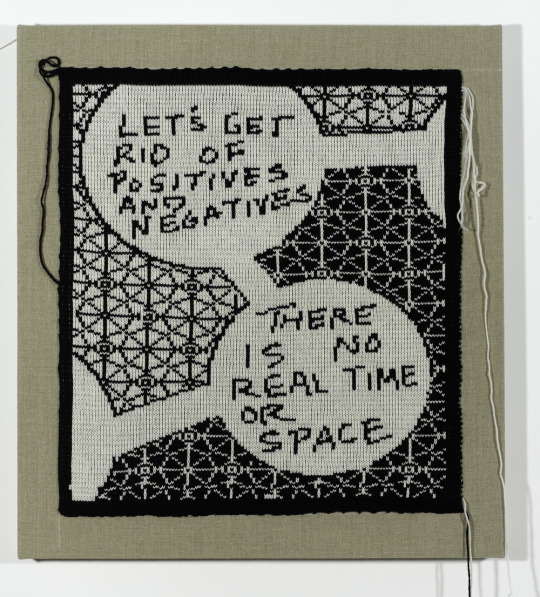
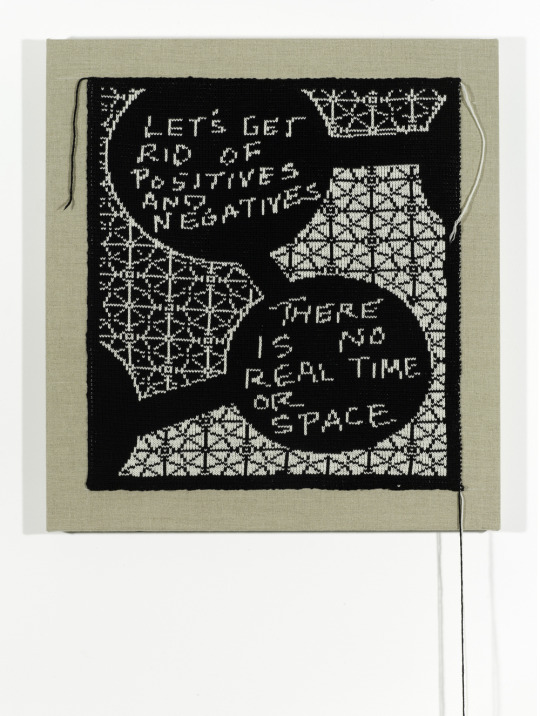
Lisa Anne Auerbach - Let's Get Rid of Positives And Negatives (Positive and Negative) 2014
1 note
·
View note
Text
*reading auerbach* yes, i get it... jesus christ is the figura of me— i am the true sufferer
0 notes
Text
Platzherren feiern souveränen Sieg
Platzherren feiern souveränen Sieg
SG Auerbach – SV Robern 5:1
Auerbach. (jp) Auf dem Kunstrasenplatz empfing die SG Auerbach die Gäste des SV Robern.
Die Heimelf war gleich zu Spielbeginn sehr bestimmend und ließ die Gästemannschaft gar nicht erst ins Spiel kommen. Bereits in der dritten Spielminute ging die SGA durch J. Haag in Führung.
Die Platzherren erspielten sich weitere Chancen, konnte aber die Führung nicht ausbauen. Aber…

View On WordPress
0 notes
Text
Women writers of the Victorian era regarded the fairy tale as a dormant literature of their own. When Charlotte Brontë's Jane Eyre hears hoofbeats approaching her in the dark, ice-covered Hay Lane, "memories of nursery stories" immediately flood her mind, especially the recollection of "a North-of-England" monster capable of assuming several bestial forms. But the beastly apparition Jane expects turns out to be Rochester, the "master" whom she promptly causes to fall off his horse and who will eventually become her thrall. Rochester himself soon shows his own conversance with, and respect for, powers he associates with the magical women of traditional fairy tales. "When you came on me in Hay Lane last night," he tells Jane, "I thought unaccountably of fairy tales, and had half a mind to demand whether you had bewitched my horse. I am not sure yet. Who are your parents?" When Jane replies that she is parentless, Rochester endows her with a supernatural ancestry. Surely, he insists, she must have been "waiting for [her] people," the fairies who hold their revels in the moonlight: "Did I break one of your rings, that you spread the damned ice on the causeway?"
Here and elsewhere in Jane Eyre, Charlotte Brontë takes even more seriously than her two characters do the potency of the female fairy-tale tradition to which she has them refer. Karen E. Rowe, who has so ably written on that tradition, was the first to show how fully saturated Jane Eyre is with patterns drawn from major folktales such as "Cinderella," "Sleeping Beauty," "Blue Beard," and, as a prime analogue for Jane's developing relationship with the homely Rochester, from "Beauty and the Beast," the 1756 Kunstmärchen (or literary fairy tale) adapted and popularized by Madame Le Prince de Beaumont.
Nina Auerbach, Forbidden Journeys: Fairy Tales and Fantasies by Victorian Women Writers
595 notes
·
View notes
